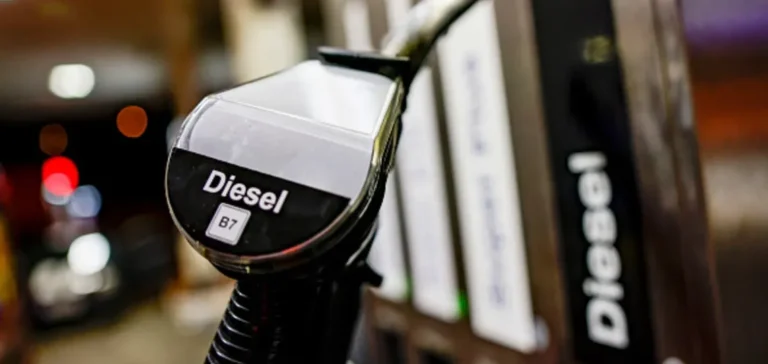The Russian government has confirmed it does not plan to ban diesel exports for producers, despite disruptions in its energy sector caused by recent attacks on infrastructure. This clarification follows the announcement of a partial embargo targeting certain fuel resellers, while producers remain exempt from the measure.
Targeted restrictions to stabilise the market
Earlier this week, Moscow implemented a partial ban on diesel exports, including marine fuels and other gas oils, but only for resellers. Producers, who account for the majority of export volumes, are not affected. The measure aims to strengthen domestic supply during a period of logistical strain, without compromising the state’s export revenues.
At the same time, the export ban on gasoline has been extended until year-end. This restriction, in place for several weeks, applies to all exporters without exception. These decisions come amid growing pressure on the domestic fuel market, worsened by a series of Ukrainian attacks targeting Russian refineries.
Daily monitoring of the market
The Energy Ministry stated it is closely monitoring the situation and working in coordination with industry stakeholders to ensure stable fuel distribution across the country. Additional measures may be introduced in the short term depending on market developments and national needs.
Authorities affirmed that further action is ready to be deployed in case of continued imbalances, particularly for regions far from the main logistical network. No specific timeline has been provided for lifting the current restrictions.
Export revenues remain a priority
Diesel exports represent a major source of revenue for the Russian Federation, notably to markets such as Africa, the Middle East, and Latin America. Keeping producers exempt from current restrictions helps limit the budgetary impact of domestic market control measures.
“The ministry is taking all necessary steps to ensure a stable fuel supply,” an official statement noted. The message reflects an intent to balance economic stability with national energy security.






















